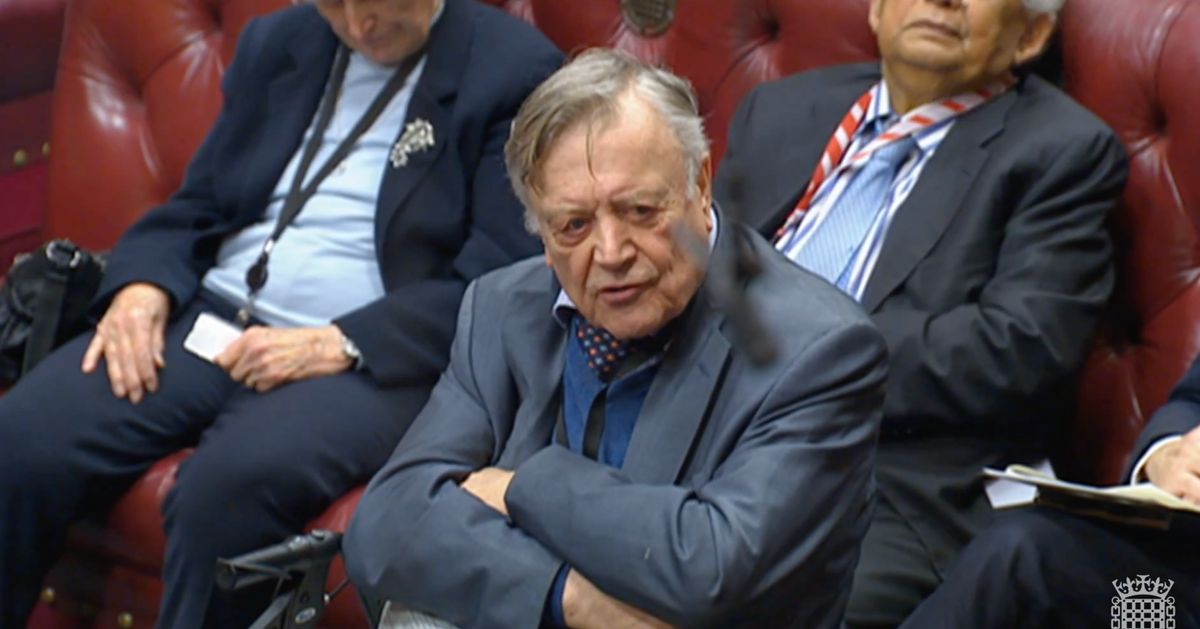Tory grandee says Rishi Sunak overturning a Supreme Court judgement is “very dangerous".
A few paragraphs I found relevant:
“I hope it will be challenged properly in the court because we have an unwritten constitution, but it gets more and more important that we do make sure that the powers are in this country are controlled by some constitutional limits and are subject to the rule of law.
[…]
“I always fear as time goes by in my career, echoes of the warnings that (former lord chancellor) Quintin Hailsham used to give us all about the risks of moving towards an elected dictatorship in this country.
“The sovereignty of parliament has its limits, which are the limits of the rule of law, the separation of powers and what ought to be the constitutional limits on any branch of government in a liberal democratic society such as ours.”
[…]
It came as the Safety of Rwanda (Asylum and Immigration) Bill cleared its first major hurdle in the House of Lords, after peers voted 206 to 84, majority 122, against a motion designed to block it.
As someone not super familar with the UK’s government, how valid is Ken Clarke’s concern here? From an outside perspective, I do agree with what he is saying here becuase even if it’s not the intention there is no guaruntee some crazy people won’t exploit this down the line.
Constitutionally he’s completely right. A core concept in Britain’s constitution is that Parliament is sovereign and unfettered, so all of our written domestic constitution (the Bill of Rights, the Acts of Settlement, the Parliament Acts, and so on) takes the form of Acts of Parliament - which can therefore at any time be overturned by simple majority votes in Parliament. There is no separate codified constitution sitting ‘above’ Parliament.
If 50%+1 of Parliament wanted to vote that elections will no longer happen, or that certain minority groups should be rounded up and deported, or something else outrageous, then in theory there is nothing to stop them.
The preservation of liberal democracy in Britain therefore relies on two things:
-
International treaties and conventions - Parliament can’t pass laws to bind its future self, but it can sign up to international agreements that mean it is bound by international law outside its direct control. That’s one reason why the far right obsess over things like EU membership and membership of the ECHR - these are instances where we have signed up to things internationally that can act as a control on parliamentary excess, as a substitute for being able to do this domestically.
-
British politicians are fundamentally well-intentioned - politicians could in theory legislate for awful things but the political culture is one of liberal democracy and public service, so they don’t - the so-called ‘good chaps’ theory. That generally works, but it falls down when someone like Boris Johnson comes along, who was quite openly willing to abuse the ambiguity in the British constitution for personal and partisan gain.
-



